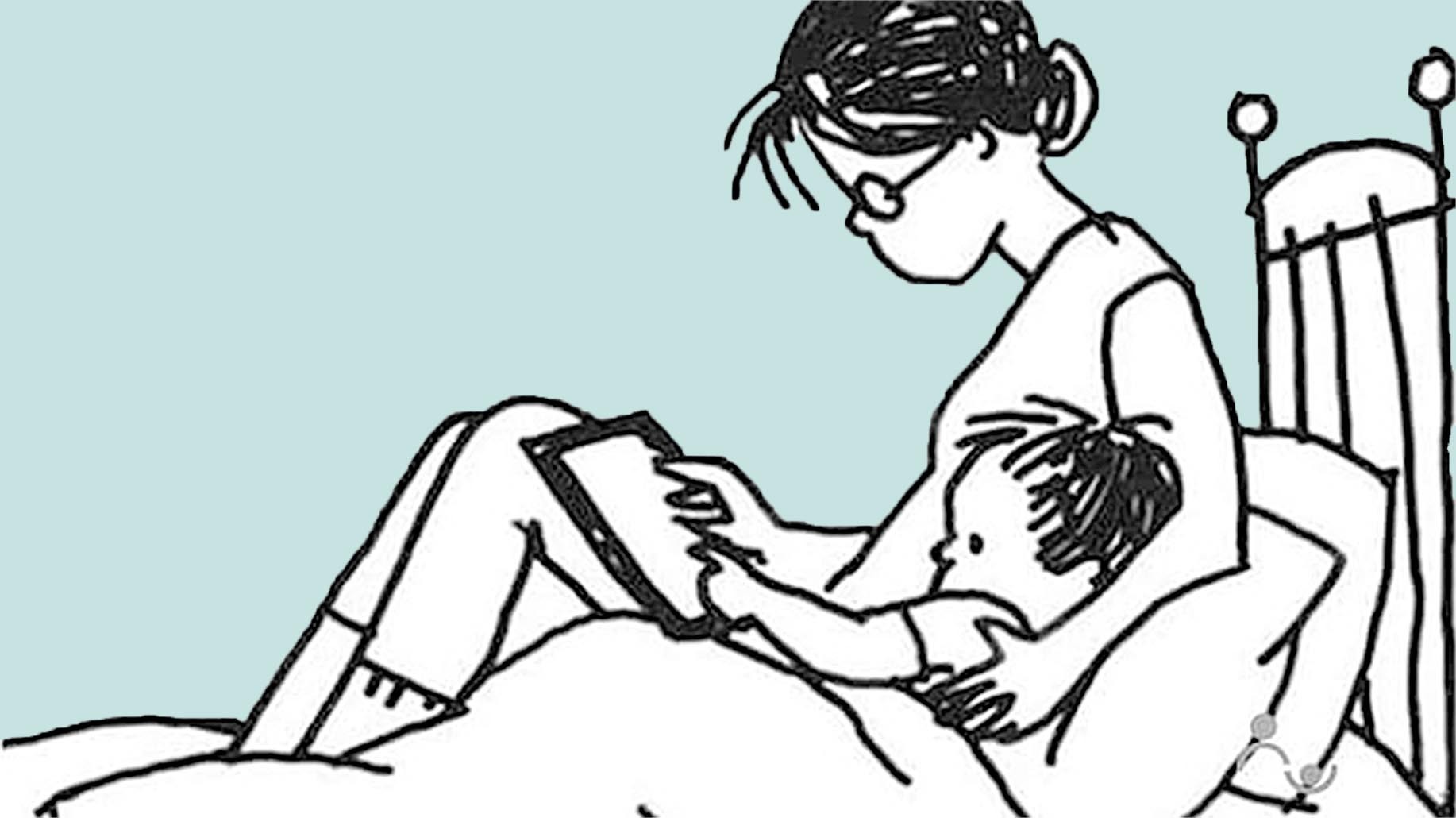
It is time people stopped stigmatising a large and growing population of single parents and their children

"He is from a broken home na". This proclamation often follows around children of divorced parents as a self-evident reason for all misconduct. When I decided to divorce, my son was six years old. My greatest fear was the social apartheid he would face at school. Peers are usually less of a worry compared to teachers who single out children of ‘broken homes’ as the source of all trouble, a notion that probably helps them justify staying on in their own marriages of convenience.
After all, something can only be broken if it is visibly so. Internal fissures, constant strain and psychological stresses can be swept under the rug as long as they stay hidden from the eyes of the world. It is under this social backdrop that I have always taken greater pride in my son receiving glowing remarks on his behaviour over stellar academic grades.
How does one raise a child with healthy self-esteem in a society where being different is like having a moving target painted on your back? I don’t say how does one raise a well-adjusted child, for adjustment might not be the highest ideal in what the Indian philosopher Krishnamurti calls "a profoundly sick society". A sense of self-worth and an ability to navigate circumstances to the best of their abilities is then perhaps some of the best tools we can give to our children, particularly those who are at a social disadvantage for being different.
One of the traps that is easiest to fall into as a single parent is to use children as pawns in your fight against your ex-spouse and family. I cannot say I have never fallen into this trap, and one can often be dragged into it if the other party refuses to take the higher moral ground, but consciously choosing to minimize your expression of bitterness for your child’s blood relations is bound to have a positive effect on his overall sense of self. After all, the best way to build self-esteem cannot be to think that your baap dada are thieves and criminals.
Another tough fight is to provide your child with media images of families that aren’t the nuclear, straight and two shiny children model that all Pakistani advertisements seem to favour. There are all sorts of families in an increasingly complex world, and our children, whether from a traditional joint or nuclear family or from a different variant of it need to be exposed to the idea of diversity.
Read also: Forty rules of parenting
Our own media, unfortunately, has no interest in any such depictions. The only portrayal of divorce and children is that of wailing women and hysterical elders, leaving no room for nuanced storytelling or building of positive role models. That leaves us with imported sitcoms that go beyond the conventional notion of family. Full House, with its cheerful cast of three men playing Dad to three growing girls is an eternal favourite that we often played in our house when my son was young.
When he grew older we graduated to Modern Family, a show I have my reservations with for incorporating harmful sexist tropes, but whose routine portrayal of a blended and a two-father family breaks down many stereotypes of what a family ought to look like.
There are also some great books available locally that talk about diverse families. Readings in Lahore is a great source for such books. Very young children can benefit greatly from being told in direct words that families can be of all types, and being different doesn’t necessarily have to mean being strange or wrong.
They say it takes a village to raise a child, grandparents, aunts and uncles can be a huge boon for children of divorced parents. I have always had a healthy support system since my divorce, particularly in my son’s paternal grandparents who have been there for him in every way possible: emotionally, financially and physically. If you are a party on any side of the divorce equation this kind of unselfish devotion to the welfare of the child can be the difference between a happy child and a confused and sad one.
Another crucial aspect of raising a confident child as a single parent is to have your child interact with others in similar circumstances. My son and I had the opportunity to be away from Pakistan for the last two years. In New York we became an active part of a Meetup (meetup.com) group for divorced desis. The group has a membership count of 300 divorced men and women from South Asia. Not only does it serve as a great support group for the adults, what it does for the children is even more remarkable. It allows them to be in the company of children around whom they do not feel like anomalies, growing more confident from that experience.
With a marked increase in divorce rates in the country, it is time people stopped stigmatising a large and growing population of single parents and their children, and found healthy ways of incorporating this inevitable change.